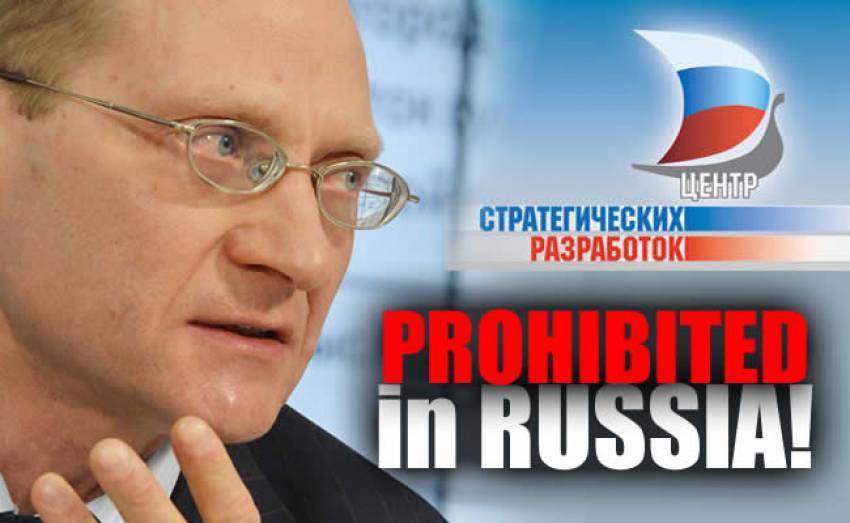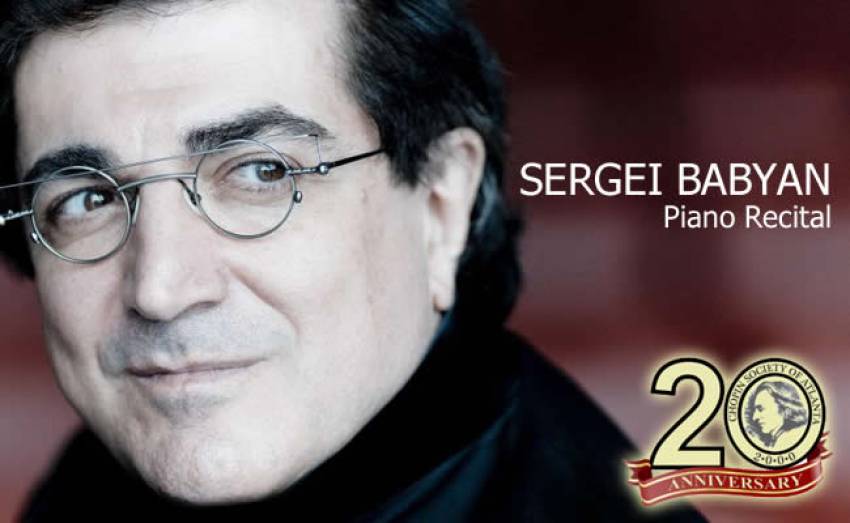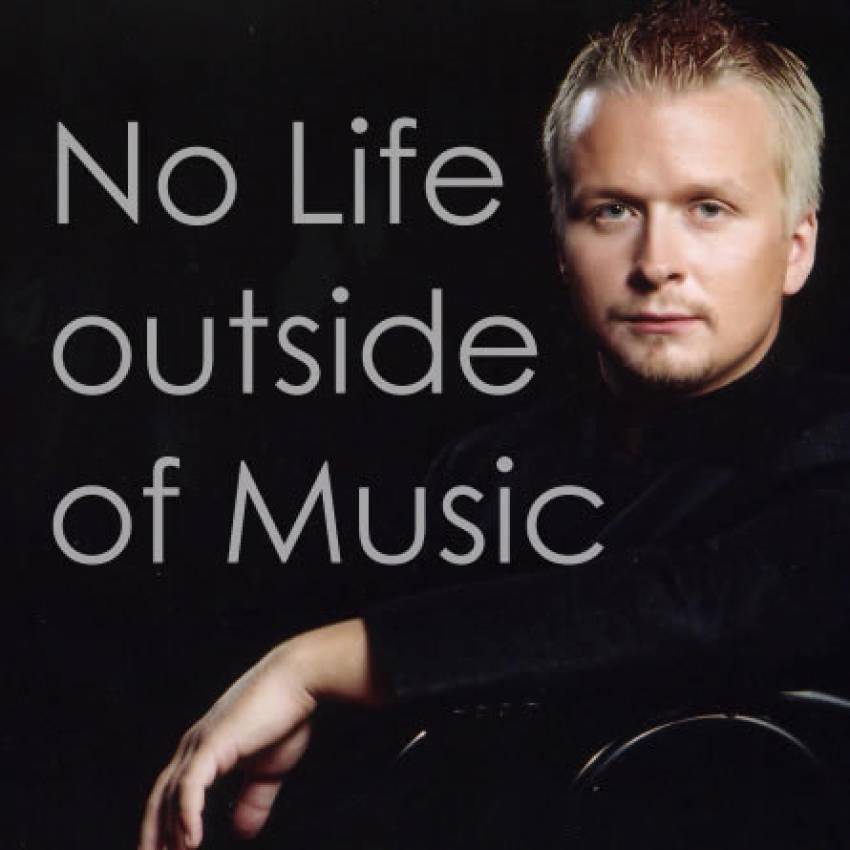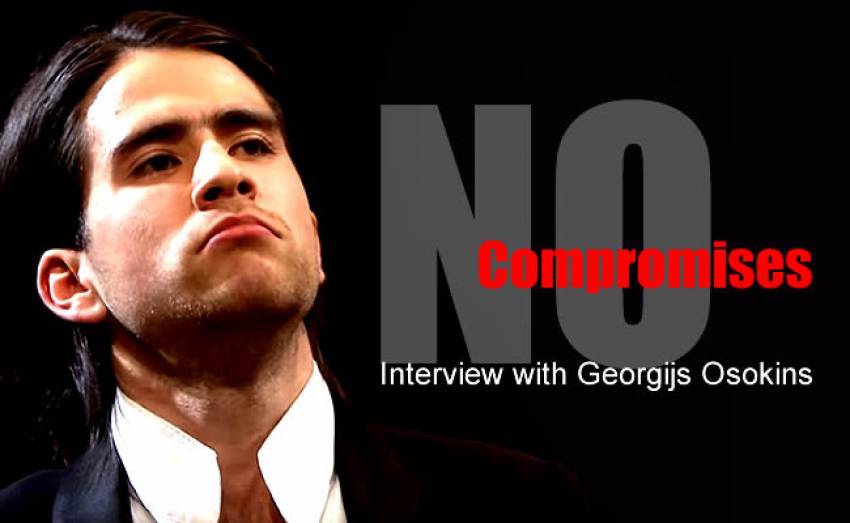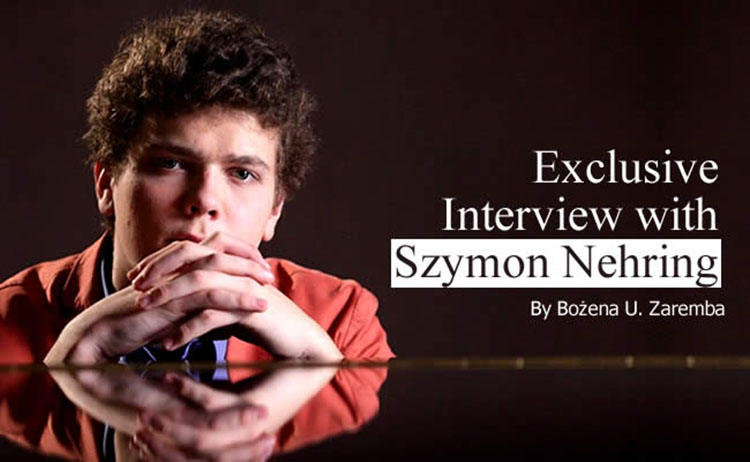
Exclusive Interview with Szymon Nehring, winner of the 15th Arthur Rubinstein International Master Piano Competition in Tel Aviv
Your win in Tel Aviv has been your biggest success so far. Can you tell us more about this competition?
It is a very difficult, five-stage and three-week competition. I think it is more rigorous and requires more stamina than the [International Fryderyk] Chopin Piano Competition. It calls for more experience, which in the case of young pianists is obviously hard. Let’s take the final stage, for example: It has three stages, each one with a different repertoire, with two piano concertos, once Classical and one Romantic. This was a wonderful experience, by the way. I played Beethoven’s Piano Concerto No. 1 with the Camerata Israel and Rachmaninoff’s Piano Concerto No. 3 with the Israel Philharmonic Orchestra, which is a terrific orchestra, one of the best in the world. Of course, earlier, there are solo recitals, each lasting one hour. This is all taxing, and the biggest challenge is how each participant copes with the endurance factor during the entire competition.
You are also a winner of several prizes at the International Fryderyk Chopin Piano Competition. One of them is the Audience Prize and the comments on YouTube under your rendition of Chopin’s Piano Concerto No. 1 in E minor from the final stage support this sentiment. Many people were actually surprised it was not you who won. They said that the winner played perfectly, while you played beautifully.
Indeed, the final stage was my best, but it goes without saying that the audience listens selectively. It is difficult to listen to all participants from the beginning till the end, as the jurors do. Seong-Jin Cho, who won, is by no means a playing robot, which may be common and, in the case of pianists from Asia, is a stereotype. Seong-Jin Cho is a true artist, and I would not put myself above him in the competition’s ranking. But during the preparation and the competition itself, I did learn a lot, and in Tel Aviv I played on a complete different level.
When can a pianist call himself or herself an artist?
I don’t feel qualified to make a judgment in this respect, but to me, the goal of an artist is to appeal to the audience emotionally. When—through the composer’s musical text but without overdoing it, or cutting corners—the pianist is able to convey his or her spirituality and arouse the spirituality of the listeners, the goal is achieved.
Continuing the topic of your successes, after winning the Rubinstein Competition, you performed at Carnegie Hall in New York, and you will have a chance to play there again during a concert on the 100th anniversary of Poland’s independence.
That’s right. Obviously, I am very happy about it, more so because this will be such an incredible opportunity to promote Polish music. This is a very special year, and I will do my best to play a lot of Polish music. Performing at Carnegie Hall on such an occasion is a great honor.
In fact, you have been spending plenty of time in the U.S. recently, thanks to your studies at the Yale School of Music.
Indeed. I am studying toward a so-called Artist Diploma. This is an M.A.-level, special program for musicians who perform a lot. Courses are scheduled in such a way that they give us a great deal of flexibility so that we can travel and play.
Let’s talk about your musical education. Teachers have different roles: They teach the craft, they are educators, and they can be mentors. What were your teachers like?
My first teacher, who taught me for 11 years, was Professor Olga Łazarska. Subsequently, I worked with Professor Stefan Wojtas. They both instilled discipline in me, which I must admit took quite a while. Discipline is very important if you are going to perform a lot. We are talking about discipline not just for practicing, but also for life in general. Ms. Łazarska played an important role in my life, because besides teaching me the craft, she developed my musical sensitivity. I can say that I received a thorough education, and most of what I know and can do I owe to her. Professor Wojtas, on the other hand, taught me how to approach each composition and how to view the role of a pianist, who should be a medium for the music, and his individuality should not overshadow the composer’s intentions.
What are your expectations as far as Yale is concerned? What do you still want to learn?
A lot! [laughs] Music is the same process as life itself: You never stop learning, and the more you discover, the more you know how little you can do and how much you can grow. I can mention two goals for now. I would definitely want to expand my repertoire. I want to focus on Russian music since my teacher, Professor Boris Berman, [is Russian and] knows a lot about this music. I also want to add to my repertoire the music I have not played before, such as Impressionism. I have not explored this period because my efforts have concentrated on other areas of music. In addition, I would like to work on a better connection with audience, to be more open.
Many distinguished music teachers stress the fact that a pianist should not only have an in-depth musical education, but also the so-called life experience, that he or she should have other hobbies and should develop sensitivity and responsiveness to things beyond music. What fills your world outside of music?
Reading books, mainly. There were two years in my life, pretty recently, when I could not organize my time around anything else, and I practiced nine hours a day. And I came to a conclusion that this is completely wrong. You become a craftsman, not a communicator, and you cannot aspire to be called an artist. What am I doing in this respect? My visits to New York help a lot. I try to be there at least twice a month. Not so long ago, I spent two weeks there and went to MoMA [the Museum of Modern Art] and the Metropolitan Museum of Art. I went to a concert at Carnegie Hall and also saw The Marriage of Figaro at the Metropolitan Opera. Such experiences are incredible. New York is in my mind the center of world’s culture, and being there is so enriching. Also, I try to read as much as possible, and since I travel a lot, I have plenty of time to do it. Books inspire me and cultivate my mind.
What have you been reading lately?
I am finishing a book about Buddhist meditation. In fact, I meditate a lot, because it refreshes my soul. I have also become fascinated by the classics. I have just read [Oscar Wilde’s] The Picture of Dorian Grey and have finished The Brothers Karamazov [by Fyodor Dostoyevsky]. I love Dostoyevsky. I have, of course, read Crime and Punishment, which was mandatory at school, but have also decided to read The Idiot. I feel very attracted to Russian literature. I have also read Dead Souls by Nicolai Gogol. Now I have bought Goethe’s Dr. Faustus and Shakespeare’s Sonnets.
It is the Chopin Society of Atlanta’s tradition to ask the artists about Chopin. What are you mostly fascinated by in his music?
I am moved and I appreciate most the fact that Chopin brought the sound of the piano closely to the human voice in an unprecedented and unsurpassed way. It is the vocal and oratory character of his music as well as the natural style of each and every phrase, which in the case of Chopin is honest and reaches deeply into our hearts. In addition, it is the freshness of his music, which for a pianist is challenging, because it is easy to reach a moment when you become insincere. It is not true that when you practice more, you will play better. If you want to convey something, you need to know when to stop. It happens in every kind of music, but in Chopin it is most difficult.
How do you recognize this moment?
It comes with experience. During the Chopin Competition, I remember, I could not control that. In the case of Chopin, it is important to know a lot about him and about his music, and sometimes it is better to work at a table studying the notation than at the piano, or even without the sheet music, but meditating over the music, without playing it. You need to reflect on the form and the character of the composition, rather than practice mechanically.
Do you often listen to other pianists?
Not really, and if I do, I listen to pianists such as [Josef] Hofmann or [Ignaz] Friedman, the artists of the older generation. They are not perfectionists, which is often expected from pianists today, but their interpretation is rich and deep. It is very inspiring and makes me want to work on a particular piece.
During the Chopin Competition you said that meeting young pianists is more inspiring that meeting old ones.
This statement was obviously made on the spur of the moment. It does not mean that this is always the case. But what makes it easier to click with younger pianists is similar life experience. And there is no distance that naturally exists when you meet older artists. I remember when, during the Chopin Competition, we were waiting for the final results, the ten of us—the finalists—sat in one room and played fragments of some compositions, and each of us played differently. This was very interesting—a meeting of such diverse outlooks on music. I will remember this for a long time.
So how would you define your outlook on music, then?
If I wanted to be brief, I would say that with the outmost respect for the composer, you need to find a language that you can identify with in the particular kind of music, and you need to combine both into a coherent interpretation. You cannot put your individuality above the composition you are performing, but enclose your individuality within the music in the form it has been written. At the Chopin Competition, there were pianists who most of all wanted to show themselves, which was clearly visible in the way they played. Many people like that. It does not mean this is wrong, but I don’t subscribe to this notion.









